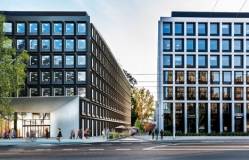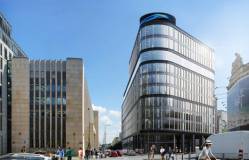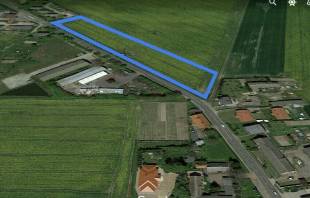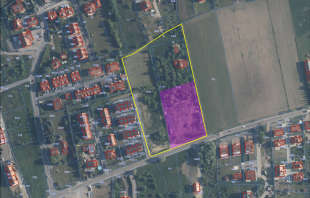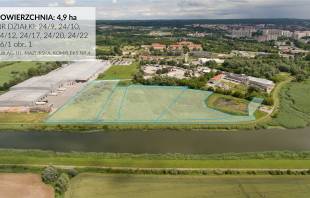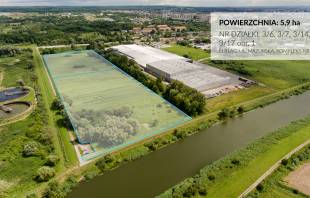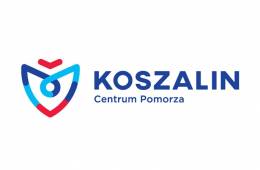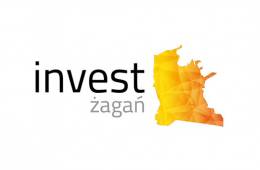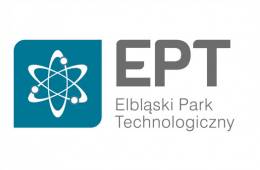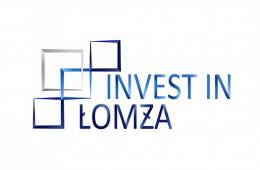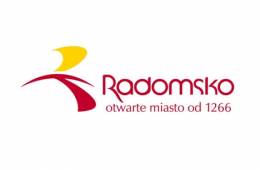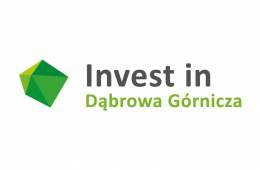Marta Śniegocka talks to Eyal Litwin, CEO of Adgar in Poland.
Adgar mostly operates in more developed markets like Israel, Canada or Belgium. So what has brought Adgar to Poland?
First of all, Israel is not a big market. In fact, it is much smaller than Poland. Canada is major market for us, but Canada came after Poland, and it was linked with Poland. We came to Poland mainly, because we were looking for emerging markets. For us, the most important factor was stability. It is also the reason why we did not enter other Eastern European markets, although we checked them. We decided to enter Poland, because of its stability and amazing growth.
What’s your strategy in Poland? Do you prefer to build or acquire buildings?
We do both. Sometimes we take the risk and build like in Israel or in Poland, as in the case of Adgar Plaza. Sometimes we purchase fully released buildings. We did it in Poland and Canada. It depends on the time and the location, and also the type of asset. If you are asking if we prefer to build from scratch or renovate, we would go for the second option. It takes a lot of time to build, and we are not a general contractor and so are not specialized in this. For us building is more expensive. Also, the time to market is considerable. From the minute you purchase the land until building is leased, 10 years may pass. And you don’t know what might happen in 10 years. So my natural decision would be to go with a current building that does not need refurbishment, or rather will not need in 5-10 years. Even so, the renovation takes around 1 - 2 years from the minute you purchase to the moment you close the doors behind the finished building.
How do you choose a building to acquire?
First of all, we don’t acquire buildings that are too small. Normally, we buy buildings above 10 000 sqm. An exception was Adgar Business Center. The building has to be in or near a city center or a business district. The class of the building is less important. Each building has its own advantages and disadvantages. We look for buildings with potential, so it is not that important if it is a class A or class B. We checked one building in Poland. It was like class D – which of course does not exists. We were thinking about keeping it for 10 years and then knocking it down. In the end we decided it is not for us. But the class of the building is the least important factor for us.
You mention knocking down buildings. Is it part of your strategy – buy a building in a good location and knock it down to build something better?
If we saw this kind of opportunity, we would do it, no problem. But buildings to knock down are on the market all the time. The real estate market in Warsaw is quite small, so we know most of the buildings, we talk with brokers and developers. If the deal is on the table, we analyze it.
Adgar’s headquarters from Israel will give you funds to expand in Poland. Do you plan to focus on Warsaw or go to other regional cities?
I will go to other cities only, when I am convinced that I do not have good opportunities in Warsaw. For now we have enough opportunities here, even more that we can take on. We are looking at the markets in Cracow and Wrocław, but as I said, in business centers and city centers. This is our main business. We are waiting for an opportunity and the moment we are mature enough as a branch of the company.
Up to now, you have operated mainly in Warsaw’s Mokotów district. Adgar recently acquired a new office building – Adgar Park West (former Ochota Office Park) on Aleje Jerozolimskie Street. Are you thinking about moving your business closer to city center? For example to Wola?
Wola has a good potential, but Mokotów too. Mokotów has become almost as big as the city center. So companies come to Mokotów just to be close to their business partners. Mokotów still has potential. Some people think that this district is already big enough, but I think it will grow further. Ochota also gives a lot of opportunities because of its proximity to the city center and public transport.
And are you considering the city center?
We are not there yet, because offices in this localization are quite expensive, and our competition, investment funds, can raise money at a much lower cost. However, if we see a building which is not leased, needs renovation and the funds are not interested in it, we will go and check it. Of course, we will not purchase a building that costs one billion dollars tomorrow, but we are ready to check out the opportunities in the city center.
You mentioned renovations a couple of times. What is Adgar’s input in the buildings that changes them into valuable assets?
We do not see a problem with these buildings, but potential. We bring additional services. If you go to Mokotów, where Adgar Business Center and Konstruktorska are, you will find kindergartens, conference spaces, wi-fi, gyms, swimming pools, data centers. We plan to do the same in Adgar Park West. This is why we are not keen on not like smaller buildings. With 5000 sqm. you hardly have space to put a grocery shop. In addition, it is important that when the tenants talk with us, they know that in 5 years they will be dealing with the same people in Adgar. We have not come here to make a fast profit and leave. Our advantage is our experience and long- term vision, which includes additional services in the building.
Are these additional services translated into differences in rents?
In Adgar Plaza we offer a market price, but with better package. In Adgar West Park we are able to provide something even more interesting for tenants, because we purchased the building at a very convenient price, and even with all the investments we plan, we still can offer 12,5 euro per square meter. If you check our other office buildings nearby, the price is approximately 15 euro per sqm. So we can provide a cheaper offer with a better package.
So has this paid off for Adgar?
We are a public company. Just check our books and you will see that we are profitable, mainly due to long term leases. I will give you a one example. If I have to replace the tenants every 5 years, because I was not been able to keep them satisfied, I would be forced to spend a lot of money on finding new ones. It costs more than 300 euros per square meter, plus the cost of the vacancy plus the marketing. So at the end of the day, it is not important whether we make 1 euro more or less from the rent, but to have a great tenant and a good tenant mix. We also offer conference space, data centers and cleaning services, and this gives us extra income.
Long-term and loyal tenants are the dream of an investment funds. Do you have a lot of offers from them and plan to sell some of yours assets?
First of all, we are not that in love with our buildings. So, if we get an offer to which it is not possible to say no, sure we would sell. But we have a different vision of price than the funds. Most of the time, the price the funds see is not the price that we expect. But we do sometimes sell buildings. For example, we sold our portfolio in England to go to other markets like Canada. Still, we purchase more than we sell.
Adgar originates from Israel. Do you see cultural differences between our countries in terms of doing business?
Of course, although many people in Israel are Polish, like me. So I can see some similarities. I cannot say that it is easier to do business in either of these countries. Money is not to be found lying on the pavement anywhere. In Poland there is still a little bit more bureaucracy, although in Israel this is also a problem. From that point of view, it is easier in Canada. But I think that Poland has made a big step forward during the last 10 years. It is much easier to do business now, and there are more foreign companies: tenants, contractors, developers.
So is there anything you expect the government to change?
If you check the index of ease of doing business, Poland is climbing the ranking year upon year. Poland is slowly, but truly developing. I only expect that the government keeps going in this direction, not too fast, but not too slow.
So no complaints?
In Poland, it is hard to say no complaints (laughs). But no, no complaints.
















